CEE | Center for Experimental Ethnography
Menu
A Black Transnational Ethnography of HIV/AIDS, Reproduction, & Dancehall in Neocolonial Jamaica
This talk frames Jallicia Jolly’s articulation of a Black transnational feminist ethnography of HIV/AIDS and reproduction. Jolly discusses how this methodological and epistemological practice displaces the dominant knowledge about Black women’s sexuality, young women’s reproductive capacities, and HIV and AIDS, thus rewriting colonial scripting of black female sexuality as well as humanitarian and biomedical portrayals of women's experiences. She explores dancehall - a soundtrack of fraught possibility of Black women’s erotic and political lives - as an extant arena through which young Jamaican women redefine historic racist and sexist stereotypes of urban working-class women as non-political actors, while contesting the heteronormative narratives of Black female pathology and the boundaries of exclusionary citizenship. Drawing from an intersectional ethnography of Jamaica women’s grassroots HIV/AIDS organizing, this talk illustrates how women’s multi- layered narratives and embodied experiences make way for alternative, expansive, and authentic visions of identity, politics, and community for multiply marginalized Caribbean subjects existing at the margins. dr. JALLICIA ALICIA JOLLY
Dr. Jolly connects her research to tailored community interventions that advance equity, systemic change & community-building within and beyond U.S. borders. She is appointed as a Visiting Research faculty by the Center for Interdisciplinary Research on AIDS at the Yale School of Public Health to the Research Education Institute for Diverse Scholars (REIDS). A public scholar committed to political action, Dr. Jolly co-leads Birth Equity & Justice Massachusetts (BEJMA), a reproductive justice coalition that aims to advance maternal health equity in policy and to improve the health outcomes of Black and Brown birthing people. Her public writing, which merges her community-based work on black politics, women's health, and political leadership in the United States and the Caribbean, has appeared in The Washington Post/The Lily, USA Today, Jamaica Gleaner, Ms. Magazine, and Huffington Post. Dr. Jolly's work has been published in American Quarterly, The Lancet, Feminist Anthropology, Souls, and Journal of General Internal Medicine and has received support from the Ford Foundation, Andrew Mellon Foundation, Brown University's Pembroke Center for Teaching and Research on Women, the American Association of University Women, MIT, and Blue
Cross Blue Shield of Massachusetts Foundation.
0 Comments
As we return our embodied selves to institutions, as we encounter the “new normal” that feels frighteningly and tirelessly old, the Collective for Advancing Multimodal Research Arts (CAMRA) invites you to the 2023 Screening Scholarship Media Festival, works in progress. We hope to realize a vibrant in-person festival (with a companion virtual program) that reflects and extends on the provocations, lessons and interventions of SSMF 2020/21, Rupture and Repair, and SSMF 2022, PAUSE that asked what it meant/means to be and to make in crisis, to survive and live into collapse.
Our programmatic vision is guided by Denise Ferreira Da Silva who in the essay “Invisible\Obliterating” asks, “[so] what is left after critique, after naming, explaining, demanding, protesting, and burning? What is left for us to do? Can art open a way into, through, across, and then beyond the naturalising gestures that feed the forces of representation?” We offer works in progress as a way to think together about how creative practice can contribute to a liberatory future after critique, after naming and explaining, and where we as scholars, educators, students, artists, activists, and the communities and institutions we inhabit land in that imagination. We are led to ask: How do different modes and forms contend with unfinishability, with mistakes, with imperfection, in creative work and daily life? What is afforded by sharing imperfectly? / Where does our critical emphasis lie when we know we are engaging with something that is unfinished? What practices of gathering and engagement as spectators and makers do we forge "after critique"? / What are the necessary conditions for an emphasis on process and unfinished work? / What can creative practice that is necessarily in a state of flux give to the making of a more liberatory future? / What are the sensory attunements that makers, and spectators, develop in the encounter with creative work that are useful in interpersonal relationships and social, cultural and political engagements that stretch beyond the moment and space of such encounter? / What is creativity in work, what is creativity at work? Where is our work taking us? What work do we need to do to get to the place of our becoming? We imagine works in progress expansively and the program includes AUDIO / EXHIBITS & INSTALLATIONS / PERFORMANCES / RESEARCH PRESENTATIONS / VIDEO & FILMS / WORKSHOPS that engage the theme and/or the questions we lay out above. SSMF 2023 will take place in person at the University of Pennsylvania. The Screening Scholarship Media Festival 2023 is produced in collaboration and with the support of the Annenberg School for Communications, the Graduate School of Education, the Center for Experimental Ethnography, and the Sachs Program for Arts Innovation.
For our March Third Thursday event in 2023, Rabani Garg and Larissa Johnson and Indivar Jonnalagadda join in conversation about the upcoming Screening Scholarship and Media Festival, open March 31 through April 2! They will discuss the theme of "Works in Progress" and the ways that the programmatic vision has been guided by Denise Ferreira Da Silva who in the essay “Invisible\Obliterating” asks, “[so] what is left after critique, after naming, explaining, demanding, protesting, and burning? What is left for us to do? Can art open a way into, through, across, and then beyond the naturalising gestures that feed the forces of representation?” Works in progress as a way to think together about how creative practice can contribute to a liberatory future after critique, after naming and explaining, and where we as scholars, educators, students, artists, activists, and the communities and institutions we inhabit land in that imagination.
MARCH 1 | STREAMING ON ALL PLATFORMS We are proud to announce the launch of our podcast, "Reckoning and Repair: The Art That's Touched Philadelphia". Each of the twelve 15-minute episodes features a richly experimental oral history with an artist, organizer, or curator who has worked in the city of Philadelphia, and whose practice reckons with exclusionary social histories and the (im?)possibilities of repair in art spaces and beyond. It was created by Penn students in conversation with artists and organizers in a course by Dr. Alissa Jordan, “Reckoning and Repair: Conversations with Contemporary Artists,” at the Center for Experimental Ethnography. “Reckoning and Repair” will be released in three curated mini-series of four episodes released every two weeks starting on March 1 2023, and the podcast is in conversation with the March 2023 exhibit, “Rising Sun: Artists in an Uncertain America,” organized by the African American Museum of Philadelphia and the Pennsylvania Academy of the Fine Arts. With rich sonic interludes, micro-stories, and poetic prose, listeners will be brought into different moments and spaces intersecting in Philly’s transnational creative scene. It delves into the ways that artists and organizers confront the troubling histories of Empire in their midst, and the way that institutions can be made or remade to forge community and promote care. The professional-quality episodes are the outcome of background research conducted by students, oral history interviews designed by students, and group critique session. Through this project, students learned about oral history and podcasting as crucial tools through which scholars can explore and present the relationship between art, history, and power. "Our students have done an incredible job of creatively engaging with a diverse set of artists who work in Philadelphia and who are at the forefront of challenging violent, extractive, and exclusionary processes that pervade society at large and can undermine art spaces” says Dr. Jordan. "Through these conversations, we hope to shed light on the artists, practices, and projects in Philadelphia that are reimagining what art is, who it's for, and towards what ends our institutions should be transformed.” FORTHCOMING EPISODES Telling Our Own Stories with Louis Massiah & Chrislyn Laurie Laurie And I listen to the Robin Sing with Sheida Soleimani and Angel Gutierrez The Urgency of Art and Life with Va Bene Elikem Fiatsi and Anya Miller The Question of Home is Complicated with Tausif Noor and Angel Gutierrez Bodies in Flux with Saya Woolfalk and Wang Yao Crafting Black Survival and Joy through Time and Space with Emily Carris and Katleho Kano Shoro Life Like Fragile Clay with Arlene Schechet & Rachael Borthwick We Are Here with Dejay Duckett (AAMP) and Hakimah Abdul Fattah Some Histories Are Not Beautiful with Shwarga Bhattacharjee and Hakimah Abdul Fattah To Call a City Home with Aisha Khan (12Gates Art) and Hakimah Abdul Fattah Connection, Collaboration, Conflict with Christina Vassal (FWM) and Katie Parry (FWM) and Jeanne Lieberman Behind the Scenes of Rising Sun with Juan Omar Rodriguez (Formerly of PAFA) Ellie Clark (PAFA) and Adrianna Brusie |
Categories |
Contact Us // 438 PENN MUSEUm // [email protected]
© 2018 The Trustees of the University of Pennsylvania
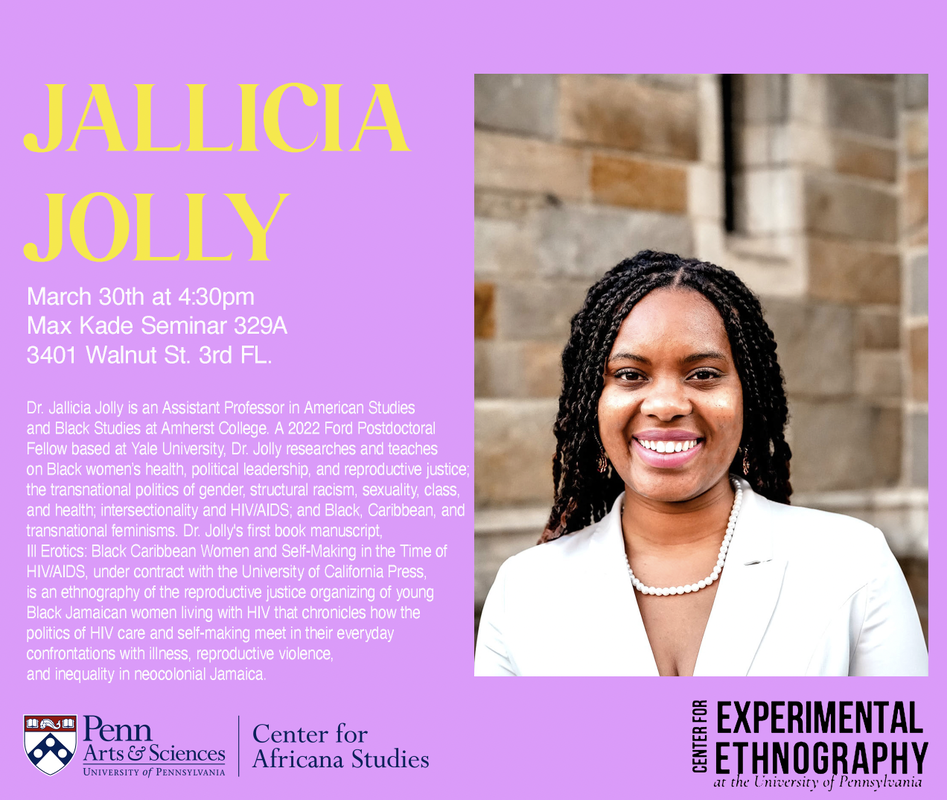
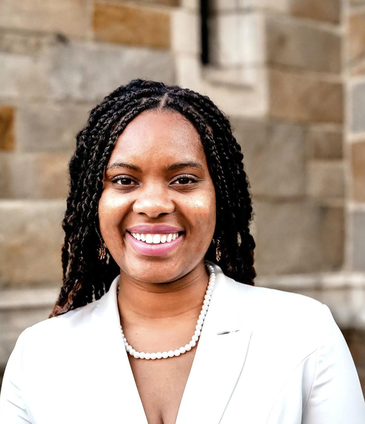
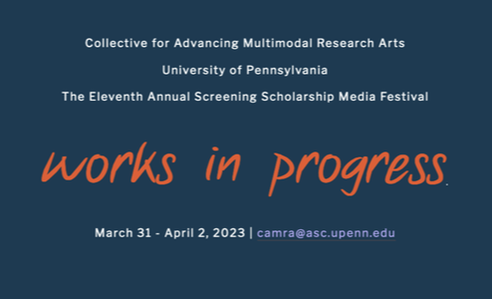
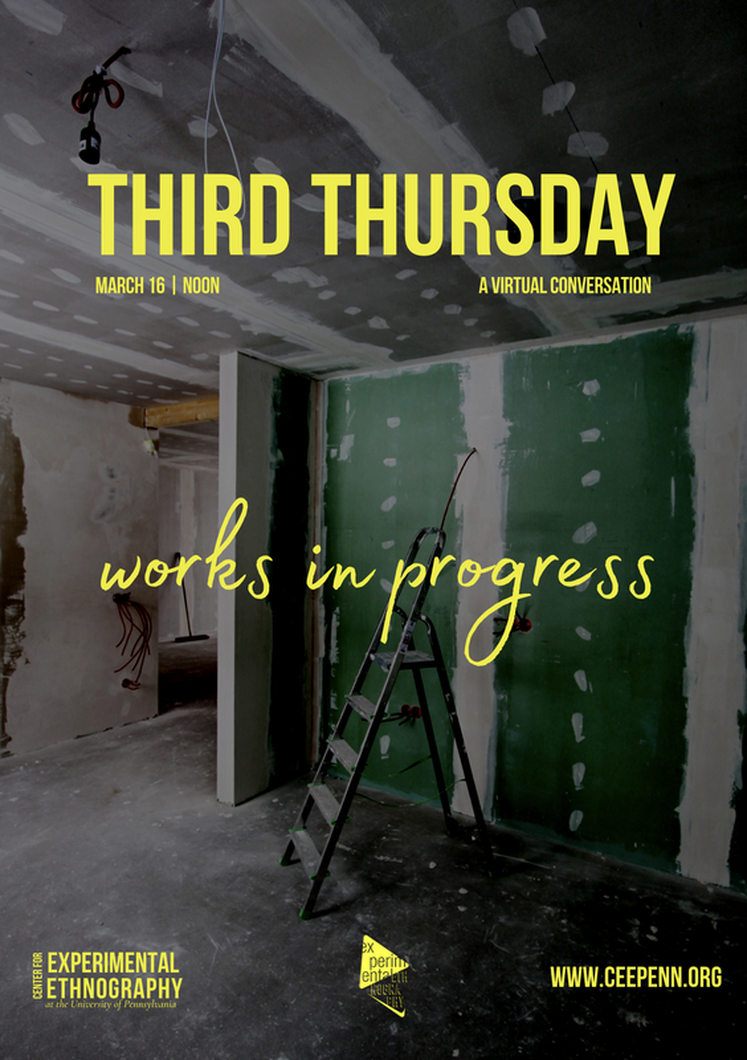
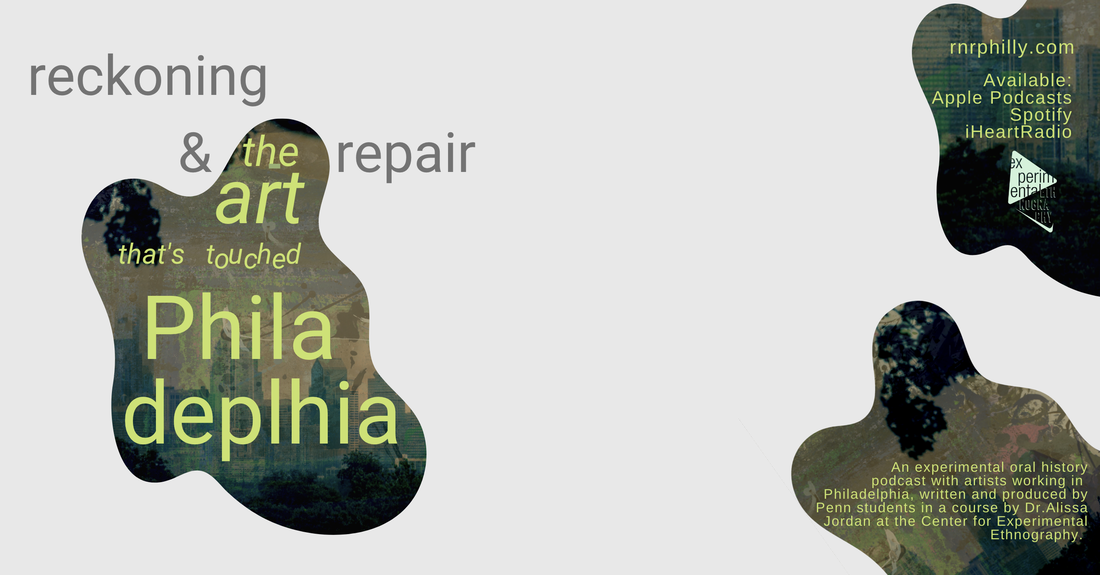
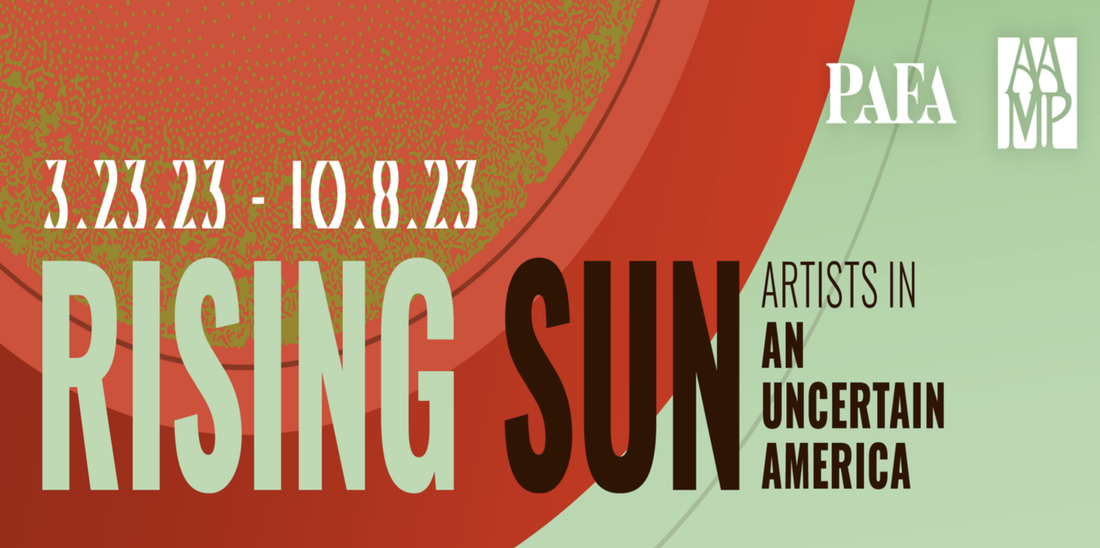
 RSS Feed
RSS Feed